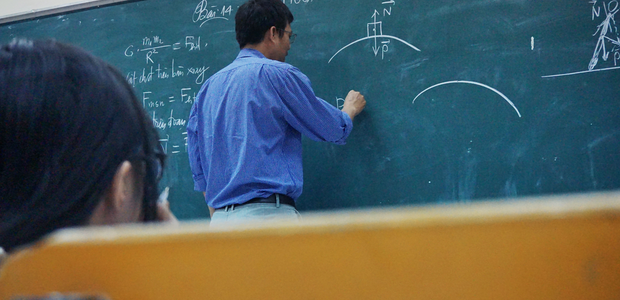 WIDER Seminar Series
WIDER Seminar Series
Claudio Ferraz on agrarian elites, education, and long-term development
Claudio Ferraz presents at the WIDER Seminar Series on 27 October. Kindly note the seminar takes place an hour later.
Abstract
In this seminar the relationship between the political power of agrarian elites and the spread of mass schooling in the early 20th century in Brazil is discussed. We use a novel dataset on the occupational structure of the voting elites in 1905 and historical censuses to test whether places, where more voters belonged to the agriculture elite, invested less in schooling. We find that municipalities with a higher share of agriculture voters have a lower literacy rate in 1920 and these effects persist until the 1970s. In the long-run, municipalities that had a higher share of agriculture voters have fewer years of schooling and lower income per capita. We provide evidence that the supply of educational inputs is the main mechanism that explains the long-term persistence.
About the speaker
Claudio Ferraz is a Professor of Economics at the Vancouver School of Economics, University of British Columbia. He is also a part-time professor at the Department of Economics of the Pontifícia Universidade Católica do Rio de Janeiro (PUC-Rio). He currently serves as Scientific Director of J-PAL Latin America & Caribbean and as co-director of the Political Economy Network of LACEA. He is an honorary member of LACEA, fellow of the Econometric Society and currently an Associate Editor of Econometrica, Journal of Political Economy, and Journal of Development Economics. His academic research focuses on economic development, political economy, and public economics. In particular, he studies governance and accountability in developing countries and the consequences for politics and public service delivery.
WIDER Seminar Series
The WIDER Seminar Series showcases the latest research on key topics in development economics. It provides a forum for senior and early-career researchers, both inhouse and external, to present recent and ongoing work related to UNU-WIDER’s current work programme.
In addition to providing a forum for both academic debate and training, the series presents an opportunity for policy makers and others interested in development to learn about the latest research methods and findings.
In autumn 2021, the Seminar Series events take place on Wednesdays from 16:00–17:00. All those interested are invited to register and attend via Zoom.
 Join the network
Join the network